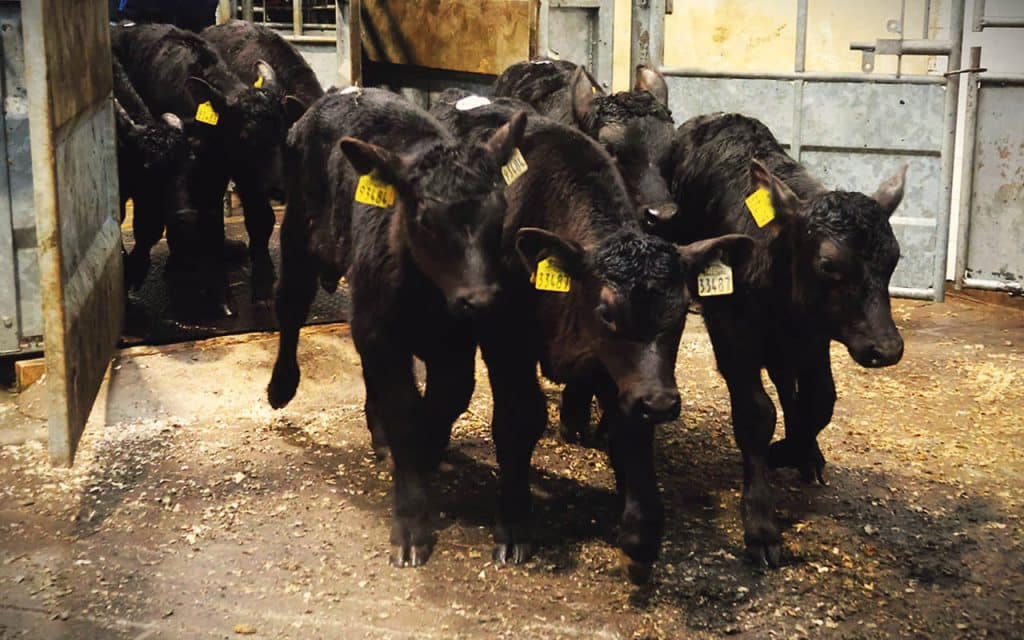Change. What does it really mean? At the beginning of every year people are full of personal resolutions in an attempt to change direction in life. These changes (or at least the promise of them), are usually intended to put people on a journey of self-enhancement or improvement. Let’s have a look at the political landscape at home and abroad and examine if there are going to be any meaningful changes to our globe for 2025!
Political change is always a great political slogan and implies freshness and new direction. However, behind the facade, it often amounts to business as usual, except under a new face. The 2024 election is over and six weeks on, there is still no government formation, just like the last time in 2020. Sinn Fein called for ‘change’ and they achieved it – a change in their first preference vote, down from 24 per cent in 2020, to 19 per cent in 2024! The Green Party called for change in people’s attitude to global warming, which resulted in a tsunami of a change, from a resilient twelve seats to one, and now Roderic O’Gorman must know what it feels to be that one melting iceberg floating alone in a political ocean. The Social Democrats haven’t ruled themselves out of negotiations yet. If they are successful suitors of the inevitable third act of the Fianna Fail and Fine Gael love-in, it may bring a left flavour, which would be more in keeping with the makeup of 2020/24 government, than the alternative flock of independent vultures hoping to prey on the carcass of the State in order to feather their own constituency nests. I’m not mincing my words here because that’s the truth, but the fault of course is in our political system and independents will play on it because they want what’s good for their local constituents. The Healy Rae’s unashamedly told FF and FG, that if they were to get involved in any Government formation talks, all they were interested in was ‘Kerry, Kerry, Kerry’. Verona Murphy, another independent TD, who has become Ireland’s first female Ceann Comhairle, made similar remarks about putting Wexford first. Our system allows a ‘tax criminal’ like Micheal Lowry, who was convicted in 2018 of two counts of tax evasion, to continue to be elected because of what he does locally. Somehow this outweighs the lack of high standards that should be applied to all our parliamentarians. And while I was totally relieved that crime boss Gerard Hutch was not elected, his convictions precede Lowry’s by two decades. Yet he is another independent who is being courted by FF/FG. But hey, haven’t we always been a nation of hypocrites?
Now I’m sure there are some of you reading this and saying, so what? Aren’t all politics local? To which I would say, isn’t that what county councillors are for? I want my national parliamentarians to be just that, working for the country first. Surely it could be easily fixed by furnishing county councillors with more responsibility, a greater workload and higher pay, to deal with our county travails, rather than our parliament to be held over a barrel by an array of independent TDs who, like feudal lords, petition their kings for local hunting grounds, for their support at the royal court? The political pathways would be clearer for those who have ambitions or an interest in either discipline, making it less open to local interference in matters of state interest. Doing what’s best for one’s county is commendable and respectable but only in the right forum and not in the national system, which now has a record high of 21 independent TDs. The government’s potential deal with up to ten independents means that our national interests are going to be manipulated. And the roundabout begins – we all want cleaner energy for Ireland, unless it’s a windmill in your eye-line. We all want international investment for Ireland, unless it’s your street that is clogged up with commuting traffic. We all want what’s good for Ireland unless it affects you locally and that’s where the localised feudal system of our TDs casts too big an influence on our national parliament and projects.
Let’s have a look at our political system called Proportional Representation (PR). While it has many issues, like the ever-increasing growth of independents, this system has meant we have avoided the ignominy of two parties owing the political system. Take the predominance of the Conservatives and Labour in the UK, or even more blatantly in the US, where unless you are a Democratic party member or Republican, you are voiceless. Ironically it was bestowed upon us by Great Britain after the 1918 election. Why? Sinn Fein, much to the disgust of their imperial masters in Westminster, won 68 per cent of the seat [despite getting 47 per cent of the votes], in what was then the first ‘past the posts’ system. In order to protect the voice of the Protestant classes and soften the ‘green wave’, PR was introduced in the ‘Government of Ireland Act in 1919’, and used for the first time in the 1920 local elections, allowing for a more eclectic representation of the people of the island. The system was retained by the Free State on coming into power, and maintained by the good graces of our people in referendums in 1958 and 1968, that sought to change it to the first past the post, which always suits the ‘big’ parties. In over one hundred years of politics, we have had coalition governments ruling Ireland featuring; Labour, Fianna Gael, the Democratic Left, the Green Party, the Progressive Democrats, Clann na Poblachta, Fianna Fail and Clann na Talmhan, allowing for a vast canvass of voices, thereby giving a greater representation of the tapestry of Irish social life. The system has forced parties to compromise, meaning that policies can be shaped and evolve from term to term, unlike the rancid poisonous politics of the American Congress where one majority is often used to hold the country to ransom, in order to gain ‘political’ scoring, such as decapitation of national health insurance or more recently the despicable lack of bipartisan co-operation that threatened to cut off Federal government spending, which would stop federal wages.
Speaking of change, by January 20, Trump will have been inaugurated president and, if his own spin is to be believed, by the time you read this, he will have stopped the war in Ukraine and gotten rid of all the illegal immigrants. (So did he?) In contrast to that, some things never change. Joe Biden, as of January 4, has given Israel an eight billion arms deal to help it in its war against the might of Gaza. The very same day Bono accepted the Presidential Medal of Freedom from then President Biden. Clearly Bono’s ego hasn’t changed either. He should have gone into politics because he can clearly sing out of both sides of his mouth, warbling ‘Feed the World’ and crooning ‘Bloody, Bloody Sunday’, but no less, shaking ‘Butcher’ Biden’s hand at the ceremony, which no doubt must still have been aching from all those zeros he had to write on the cheque for Mr. Netanyahu. I listened to the citation, which called Bono a man for peace, a man of Irish ‘rebel’ songs and a humanitarian, all the very attributes that the USA have striven to crush in Gaza. Bono accepted with his typical humility! Across the Irish sea, Labour has changed the Conservative Party’s plan to export asylum seekers to Rwanda. Seemingly bad ideas never change – the Nazis had the same plan for Jews in 1940s Europe, except they had chosen Madagascar rather than Rwanda. Both never came to fruition.
Another big change on the horizon is the rollout of the new leaving certification, which has torn up the old system, allowing students to now submit 40 per cent of their work through projects. Of course a bigger change is the explosion of Artificial Intelligence in the last twelve months, which naturally means students will become experts in AI, rather than becoming experts in their subjects. Going back to the ‘some-things- never-change’ side, are of course the bureaucrats and politicians that run the Department of Education. Rather than scrap their pet project, which was conceived five years ago, they have decided to politely ask students to acknowledge and cite the use of AI instead of dealing with the impending eruption of plagiarism. It amazes me sometimes that the Department of ‘Education’ should be allowed to use that title! New Zealand has proposed to change how we treat animals for sport by proposing a ban on greyhound racing, but rest assured that won’t happen here because, as the politicians like to tell us, we are the most regulated when it comes to animal welfare. Ultimately, it doesn’t matter how often one is regulated if the regulations don’t demand a high ceiling. Initially no one could believe cyclist Lance Armstrong was a drug cheat because he was the most tested and regulated athlete in history. It’s just that those tests had such a low ceiling, they could never get him, no matter how frequently he had to pee into a test tube. Catch my drift?
So Happy New Year to everybody. I’d like to say I’m starting 2025 with a renewed sense of vigour and hope, but if you’ve gotten this far in the article, you’ll clearly see I’m in the ‘nothing will change’ bracket! Hopefully I’ll be less cynical next month and try to be a bit more cheery, with an article on the Nazis, or Genghis Khan, or how great the Romans were except for their throwing people to the lions, kind-of-thing…It’s never too late to be positive I guess!



